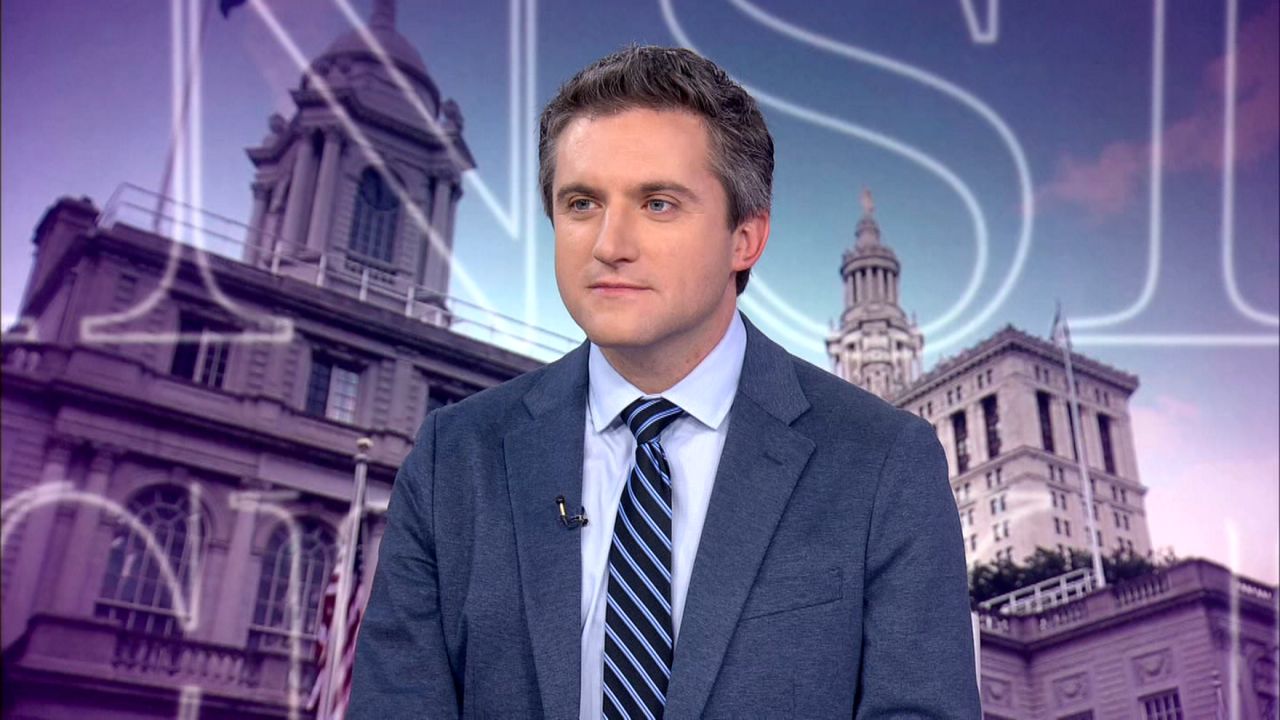There are two proven types of medication that doctors can prescribe to help individuals who are addicted to opioids: One is methadone. The other is buprenorphine, which comes in either a tablet or a film that is placed under the tongue.
Buprenorphine comes in various medicines because, like statins, people have different levels of tolerance to different formulas.
Currently, New York State Medicaid only considers two of these to be “preferred.” The other three medications require “prior authorization.”
And that’s where the problem comes in.
Dr. Justine Waldman, a clinician and head of the REACH Project in Ithaca, shared her experiences with Capital Tonight.
“It’s had a tremendously bad effect,” Waldman said of the prior authorization requirement for Medicaid patients.
A little history.
In 2019, two bills passed by the state Legislature were presented to Gov. Andrew Cuomo to sign. One ensured that individuals with private insurance would be able to obtain any medication containing buprenorphine that a doctor has prescribed for them without prior authorization.
He signed it.
The second bill did the same thing, but for Medicaid patients rather than patients with private insurance.
Cuomo vetoed it.
The issue is money.
“It’s an absurdity,” Waldman said. “If we look at who is dying of overdose deaths, there are clear racial disparities here.”
Most of Waldman’s patients were on a generic form of buprenorphine. On Oct. 1, the formulary was changed to the name-brand product, or a buprenorphine tablet.
Unfortunately, most of the pharmacies that Waldman deals with weren’t aware of the change, and her patients were denied prescriptions.
“What we have to remember is that this is a medication that isn’t easy to tolerate in the first place,” Waldman said. “It can cause sores in the mouth. It can cause headaches, nausea. Finding the one pill or film that may work for patients is extremely important.”
When patients’ withdrawal symptoms are under control with this medication, they can become productive members of the community. But, according to Waldman, if they are denied their prescription at the pharmacy, they will have to fight withdrawal all over again.
It’s a challenge that could force individuals back to the streets looking for illegal opioids, the majority of which are now laced with deadly fentanyl.
“We are really sending a message about whose lives are important,” Waldman argued.
Prior authorization is one of several ways in which buprenorphine is unique among medications. For example, not all doctors are authorized to prescribe buprenorphine.
Both the DEA and the Substance Abuse and Mental Health Administration require doctors to obtain waivers to treat patients with the drug.
“Over the years, the waiver requirements have somewhat decreased, but I’m essentially capped at 275 patients. I can only have 275 patients on buprenorphine at one time,” Waldman explained. “Which is ridiculous when you can give as many opiates as you like to as many patients as you like.”
In the world of buprenorphine treatment, 275 patients is actually a lot. Waldman is only permitted to treat that 275 patients because she took an eight-hour course.
An easier route for doctors is to simply fill out a form saying they want to treat individuals with buprenorphine. However, that will only entitle them to treat 30 patients at a time.
“There’s no other medication on earth that we’re not allowed to prescribe unless we take an extended course,” Waldman explained.
“Yet all the data shows that getting people on buprenorphine or methadone is key. They are the only two daily medications that will decrease overdose rates.”
Like Senator Pete Harckham who chairs the Senate Committee on Alcoholism and Substance Abuse, Waldman is urging Gov. Kathy Hochul to sign S649A/A2030, the Medicaid Prior Authorization bill, which would allow people on Medicaid to access all five of the buprenorphine medications without prior authorization.
When asked what she would say directly to Hochul about the situation, Waldman simply said, “Please sign this bill that will save lives.”
The Hochul administration, in a response to a request from Capital Tonight, sent the following statement:
“Governor Hochul remains focused on combatting the opioid epidemic, and has already taken bold action by signing several critical bills to provide relief and support. Under the governor’s leadership, the Department of Health implemented the Medicaid statewide formulary for opioid antagonist and dependence agents effective Oct. 1, which means that all seven million Medicaid members now follow a single formulary where preferred products and coverage are consistent across the Medicaid program. The Department is keeping a close eye on the results of this implementation, and the governor continues to review all options to address the opioid crisis.”








